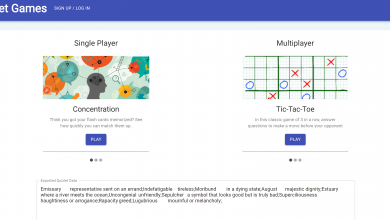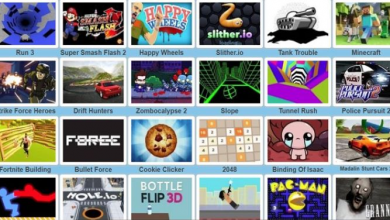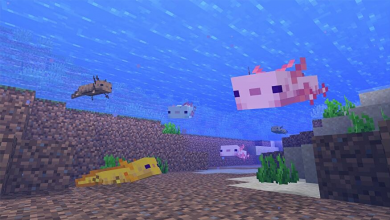What are Play-to-Earn (P2E) Games?

The world of blockchain technology is expanding every day and has permeated the gaming industry to produce blockchain gaming, which redefines game design by introducing ownership and monetization.
One type of these blockchain games is Play to Earn games. Play to Earn games are video games that allow players to earn cryptocurrencies and other digital assets like NFTs. Players gain full ownership of these assets and can trade them or sell them for traditional currency.
Though P2E games have very recently gained popularity, they first emerged in 2017 with the likes of Cryptobots and Cryptokitties, both built on the Ethereum blockchain. These games advanced P2E gaming and have since evolved and gained traction among gamers.
How do Play to Earn games work?
Play to Earn games are similar to traditional video games and usually offer the same graphics and gameplay. Nevertheless, they differ in one specific way: in-game assets.
Through the incorporation of blockchain technology, both game developers and gamers benefit from time spent in a game. Players earn tangible in-game assets of which they retain full ownership. In traditional gaming, players can earn in-game assets like skins and weapons but these assets remain within the game and cannot be used anywhere else.
In P2E games, any assets earned (usually in the form of NFTs) can be traded, sold, or exchanged globally. Not only that but gaining these assets is not limited to a specific event. Players can earn them throughout the game by completing in-game tasks.
How are these assets traded or sold?
P2E games leverage the characteristics of blockchain technology such as decentralization and transparency. Players can exchange or sell their assets within the game or through a recognized third-party platform.
Challenges of Play to Earn model
2E games are very exciting as the chance to earn cryptocurrency or NFTs has attracted many gamers, and some have compared it to gambling on some of the best Ethereum casino sites.
However, some argue that this gambling element may reduce the relaxation factor in games and turn them into a monetization and stressful environment, as a game becomes more about earning and not about enjoyment.
Types of Play to Earn Games
There are different types of P2E games one can engage in.
NFT Games
Non Fungible Tokens or NFTs are common in the blockchain space and are the most popular digital assets in gameplay. Popular NFTs include skin, characters, clothing, weapons, and land. Players can even buy and breed creatures which they can sell or exchange. The value of each NFT depends on the market and any fluctuation can increase or lower its worth. These games can be free to play or one must buy the native token to play the game.
Trading Card games/ Collectible Card games
Trading card P2E games are just like those in traditional games where players collect different cards to design a deck, which can be used to fight battles in the game or like other NFTs can be sold or traded. The rarer a card the more value it holds. One of the most popular trading card games is Splinterlands, and in this game, players buy and collect cards that they can play against other players in in-game battles.
AAA Web3 Games
Triple A (AAA) refers to high-budget and high-profile games produced and distributed by famous publishers. In blockchain, AAA web3 games like Alien World offer players an immersive gaming experience using interactive gaming elements like VR or the metaverse. They also provide players full ownership and interoperability of in-game assets.
Farming Games
Farming games are a newer category in P2E games and mainly involve resource gathering and management of farms and animals. Players can build markets where they can sell their resources. A well-known farming game is Plant vs Undead- a tower defense game where one has to fight against zombies. In this game, players get a starter kit with seeds that they must grow. The game’s in-game assets can be used as tools for farming or scarecrows or as weapons.
DeFi Games
DeFi games are P2E games that rely on DeFi protocols such as staking, lending, and borrowing. In essence, players can earn rewards in the form of cryptocurrency, and other in-game tokens from the games as they provide liquidity. This way, they can earn real-world money from their in-game activity.
Such games use smart contracts and decentralized exchanges (DEXs) to manage token economics and financial transactions. Most DeFi games incorporate elements from other P2E games like NFTs to enhance the game. For example in Crabada (a web3 game), players collect and breed NFT crabs that can be used in battle. At the same time, players can earn the game’s native token $CRAB as they participate in in-game activities.
Finally
The Play to Earn global market has come a long way and is expected to reach $2.84 billion by 2028. This goes to show the potential and how much impact these games have on the gaming industry.




